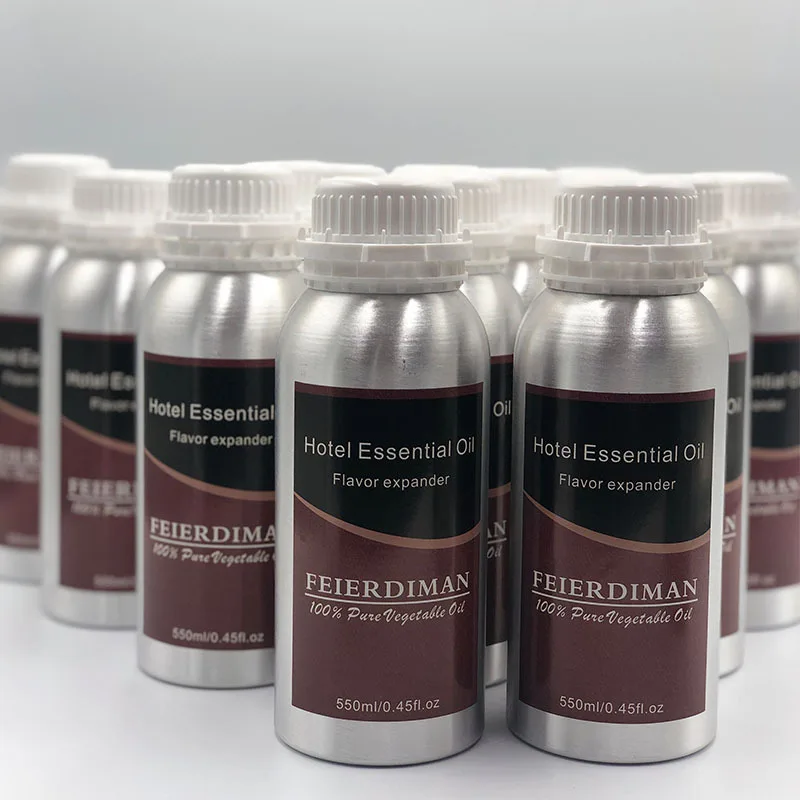The Massachusetts attorney general’s office has confirmed it has been receiving complaints from the public about petitioners for a 2026 ballot initiative aimed at rolling back the state’s marijuana legalization law–with a growing number of people alleging that signature collectors are peddling misleading information about the proposal.
A staffer in Massachusetts Attorney General Andrea Campbell’s (D) office told Marijuana Moment on Friday that while they could confirm receipt of such complaints, they aren’t at liberty to discuss whether the issue is actively being investigated.
The office “has received complaints regarding this issue, but we cannot confirm, deny, or comment upon any investigations,” they said.
“All petitions have the Attorney General’s summary of the proposed law printed at the top,” the staffer said. “We strongly encourage voters to carefully read the summary of any proposed law before deciding whether to sign.”
Massachusetts Cannabis Business Association (MCBA) CEO David O’Brien on Friday openly accused the campaign behind the repeal initiative, Coalition for a Healthy Massachusetts, of hiring paid petitioners to use “deceptive tactics to trick people” into adding their signatures.
“These out of state crews go from state to state collecting signatures and clearly they’re having trouble here in Massachusetts finding people who want to repeal our highly effective cannabis laws and kill our successful cannabis industry,” O’Brien said. “This is voter fraud that people should report to their local town hall.”
Marijuana Moment reached out to the campaign for comment, but a representative was not immediately available.
According to MCBA, reports of deceptive signature gathering tactics run the gamut, with claims that the paid petitioners have used fake cover letters for other ballot measures on issues like affordable housing and same-day voter registration.
A Reddit post from earlier this week appears to show such tactics at work, with two petitioners sitting at a table with signage about housing and voter registration but who the poster claimed were really collecting signatures for the marijuana repeal initiative.
Bait and switch signature beggers
byu/yanki2del inmassachusetts
MCBA said in a press release that “other fraudulent messaging reported by the voters has included claims that the ballot question will strengthen fentanyl testing requirements for marijuana and expand buffer zones between dispensaries and schools.”
Massachusetts voters have sounded the alarm about the situation on social media, sharing their own experiences with petitioners who seems to be misrepresenting the marijuana initiatives—in some cases spinning it as a way to protect youth from being criminalized over cannabis possession.
“Just wanted to give a heads up to *anyone* with any interest in the legal status of cannabis in Massachusetts. Earlier today while shopping I was presented with a signature form for ‘legislation to protect minors from being arrested while in position of 2 oz of cannabis or less,’” one Reddit post from last week says. “I declined to sign after reading the first line stating that the current laws concerning cannabis would be repealed.”
To that point, the attorney general office’s has stressed the importance of reading their summary, which is required to go at the top of the signature form, before signing any petitions. The attorney general cleared the campaign for signature gathering, with her summary on the petition, last month.
Another Reddit post shared on Wednesday came from a user who said they “had a run in with a couple fellows at the grocery store who were collecting signatures for the ballot initiative to end recreational marijuana sales,” and they were “grossly misrepresenting what the ballot question actually is when soliciting people for signatures.”
Yet another post describes the user’s experience being approached by a petition who said the initiative was meant to “make sure kids didn’t go to jail for minor marijuana offenses.”
“Big sign behind him that read D.A.R.E. to keep kids off drugs. When I read it, it was clearly the petition to criminalize marijuana again. Stay sharp and know what you’re signing!” they said.
There are numerous replies to the posts with others recounting similar stories and sharing advise on how to report the seemingly illegal election activity.
“Voters going to the polls on Election Day next Tuesday, Nov. 4, should expect signature gatherers to be at polling places throughout the state,” Meg Sanders, CEO of Canna Provisions, said. “Know what you are signing! Take your time and read the petition language. If it doesn’t say what the collector claims, don’t sign it.”
The marijuana repeal campaign, for its part, said this month that they’re “on track” to securing enough signatures to place the initiative on the ballot. They’re working to submit 100,000 signatures by a December 3 deadline.
When the attorney general’s office completed its review of about 50 proposed 2026 ballot measures, it certified two versions the recriminalization campaign submitted.
Both would eliminate the state’s commercial adult-use market while maintaining patient access under the medical cannabis program and continuing to allow lawful possession of up to an ounce of recreational marijuana. “Version A” contains language that would also cap THC content for medical marijuana, while “Version B” omits that policy.
The campaign is pursuing the latter initiative without the cap.
Under initiative—titled “An Act to Restore A Sensible Marijuana Policy”—adults 21 and older could still possess up to an ounce of cannabis, only five grams of which could be a marijuana concentrate product.
Possession of more than one ounce but less than two ounces would be effectively decriminalized, with violators subject to a $100 fine. Adults could also continue to gift cannabis between each other without remuneration.
But provisions in the state’s voter-approved marijuana law that allow for commercial cannabis retailers and access to regulated products by adults would be repealed under the proposal.
Adults’ right to cultivate cannabis at home would also be repealed.
Meanwhile, the head of Massachusetts’s marijuana regulatory agency recently suggested that the measure to effectively recriminalize recreational cannabis sales could imperil tax revenue that’s being used to support substance misuse treatment efforts and other public programs.
If enough of the initial signature submissions are validated, the proposal will then go before the legislature, with lawmakers having until May 6 to enact it into law or propose a substitute. If they do not, organizers will then need to collect 12,429 additional valid voter signatures to put the measure on the ballot.
Whether the cannabis measures make the cut is yet to be seen. Voters approved legalization at the ballot in 2016, with sales launching two years later. And the past decade has seen the market evolve and expand. As of August, Massachusetts officials reported more than $8 billion in adult-use marijuana sales.
—
Marijuana Moment is tracking hundreds of cannabis, psychedelics and drug policy bills in state legislatures and Congress this year. Patreon supporters pledging at least $25/month get access to our interactive maps, charts and hearing calendar so they don’t miss any developments.![]()
Learn more about our marijuana bill tracker and become a supporter on Patreon to get access.
—
Regulators are also working to finalize rules to allow for a new cannabis consumption lounge license type, which they hope to complete by October.
Separately, in May CCC launched an online platform aimed at helping people find jobs, workplace training and networking opportunities in the state’s legal cannabis industry.
The legislature’s Joint Committee on Cannabis Policy in August approved bills to provide employment protections for marijuana consumers and expand the state’s medical cannabis program, in part by adding post-traumatic stress disorder (PTSD) and opioid use disorder to the list of qualifying conditions.
State lawmakers have also been considering setting tighter restrictions on intoxicating hemp-derived products and a plan to allow individual entities to control a larger number of cannabis establishments.
Also in Massachusetts, legislators who were working on a state budget butted heads with CCC officials, who’ve said they can’t make critical technology improvements without more money from the legislature.
Meanwhile, Massachusetts lawmakers recently approved a bill to establish a pilot program for the regulated therapeutic use of psychedelics. And two committees have separately held hearings to discuss additional psilocybin-related measures.





























